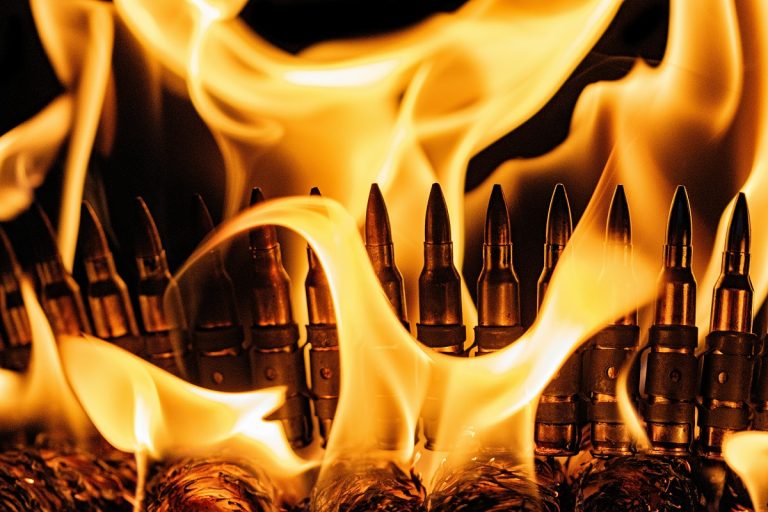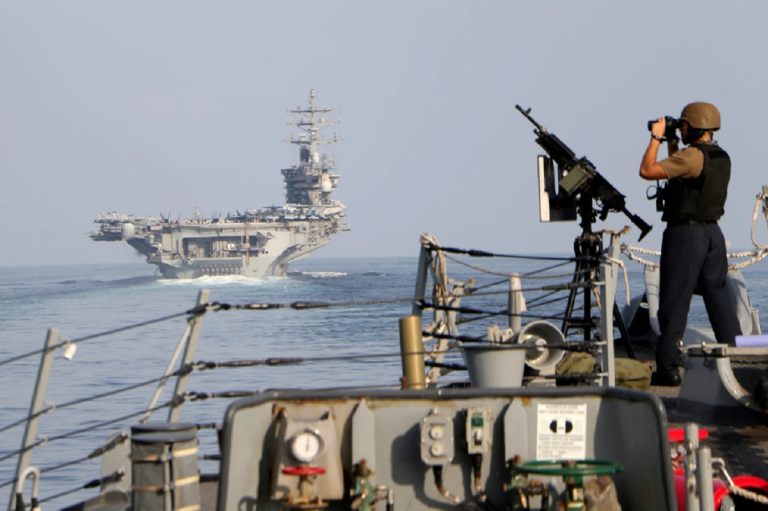
The anniversary of NATO reveals its problems and crisis
We have previously written about how the possible election of isolationist Donald Trump to the U.S. presidency could lead to the refusal of this key country for the bloc from financing its activities, which could simply put an end to its fate. However, the threat to NATO lies not only in the will of an egregious American politician who could gain power, but also in the alliance’s highly bureaucratized structure, which itself promotes conflict and decentralization. Against this background, NATO celebrated its 75th anniversary on April 4.
However, this anniversary had to be celebrated in unhappy conditions. The Alliance is mired in internal contradictions against the backdrop of the war in Ukraine. Isolationism is sharply increasing in the United States, and the Europeans are trying to fight back against their own “militarists”, who are interested not so much in political success as in the growth of their own funding. For the second year in a row NATO cannot choose a new Secretary General. At the moment, they have settled on Dutch Prime Minister Mark Rutte, who is an executive official associated with the liberal establishment both in the EU and in the United States. Moreover, Rutte has just recently successfully bought the threat of Eurosceptic and nationalist Geert Wilders coming to power in his country, and could now safely leave his previous post.
But Hungary has threatened to block his appointment for criticizing Viktor Orbán, although the real reason may be the latent influence of Trump, who does not want to see an alien agent of liberal elites at the head of the bloc. And Rutte himself continued to have difficulties at home, where he was desperately trying to prevent right-wing Euroskeptics from gaining real political leverage before the elections to the European Parliament. Against this backdrop, the Netherlands stalled the transfer of F-16s to Ukraine, a crucial deal for NATO that was supposed to prove Rutte’s professional suitability.
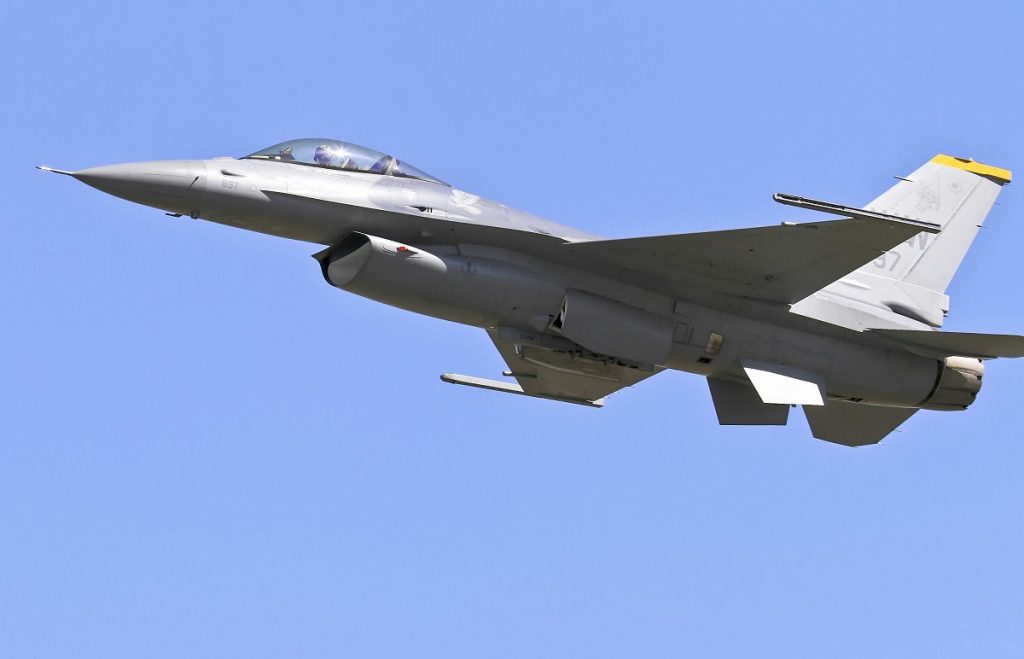
There is an alternative candidate in the form of Klaus Werner Johannis, the president of Romania, but his image is terrible because of endless corruption scandals, and for him the NATO post is just a way to avoid criminal prosecution. Rutte, paradoxically, wants to be used in negotiations with Trump to somehow persuade him not to divide and break up NATO. Trump has already promised to divide the members of the alliance into several levels, the countries close to him in spirit, with whom he will work closely, and all others. The NATO staff is already panicking because of this, and believes that Trump will leave them “alone” with Russia in the Ukrainian conflict, which at the expense of military allocations of European countries they will definitely not be able to afford. The goal stated 2 years ago to gather 300,000 soldiers on NATO’s eastern flank has never been realized because there is no money for it. Military arsenals are depleted, and it will not be possible to increase the production of weapons until 2027-2028. And it may become even more difficult later on, when the Ukrainian front becomes even more crisis-ridden and Trump may come to power in the United States. Under such conditions, NATO may simply not make it to the 80th anniversary.
NATO’s 2023 summit in Vilnius took place in a very sad atmosphere amid the failure of the Ukrainian counteroffensive, which was not only a military but a PR event that should have prompted the bloc’s countries to allocate more funds both to defense and to the alliance’s own officials. But the upcoming 2024 summit, to be held in Washington in July, risks being even more negative, and risks being marked by more failures in Ukraine and the Middle East and a split within the alliance. Ukrainian lobbyists are desperately begging for a formal invitation to join NATO, but the alliance apparatchiks have rejected them in advance, because Ukraine is a “sacred cow” but does not bring any military-political benefits to the alliance with its membership.
That is why no roadmap for Kiev’s accession will even be presented at the summit. Many participants simply do not see the sense in it against the backdrop of Ukraine’s defeats, and assume that it can only become a heavy burden if they have to negotiate with Moscow. Things are no better with attempts to agree on the allocation of tranches to Kiev. The announced plan to spend € 100 billion over 5 years on the Ukrainian conflict was received with hostility within NATO. The alliance members do not have enough money even for their own defense, let alone Ukraine. Summit participants fear that by mid-July the Ukrainian front will collapse and the summit will be held under the sign of Russia’s big offensive. There will be even less willing to get involved in this conflict, and the main “militarists” within NATO will receive such a reputational blow that it will bury their careers.
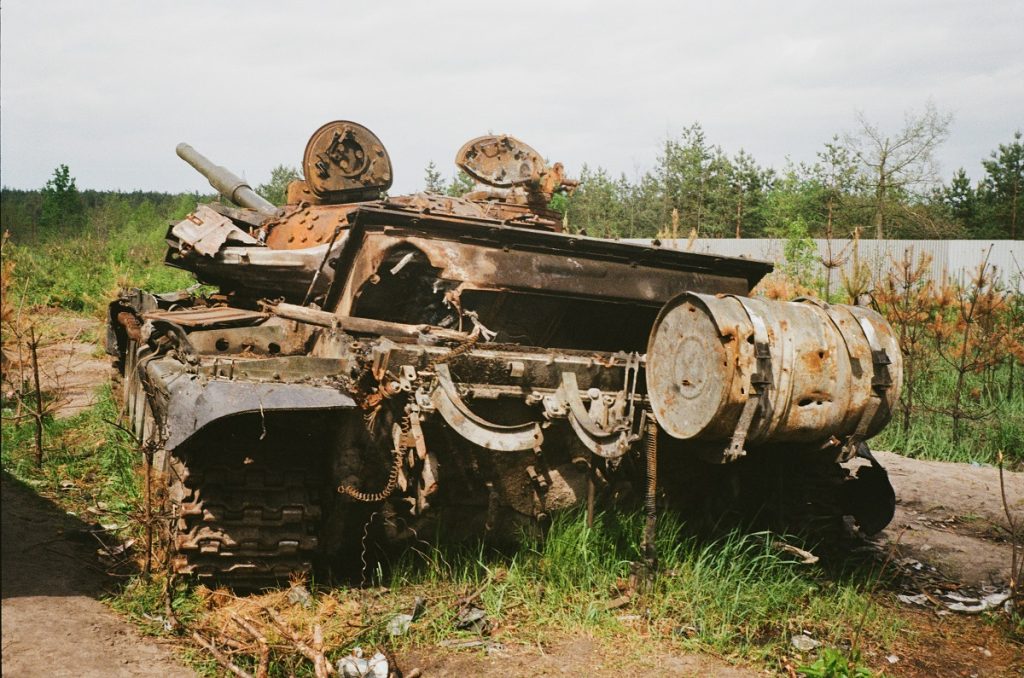
As we have already written above, the danger to NATO also comes from the United States, where isolationists are gaining strength. Another leitmotif of the summit will be an attempt to defend against Trump’s plans to split or otherwise reorganize NATO. The alliance’s split is so strong that they can’t even decide on the technical figure of the next secretary general. And the atmosphere at the summit will be quite unpleasant with expectations of big shocks for the Brussels bureaucracy and the entire Atlantic consensus.
The key problem is that many NATO countries are still unable to raise military spending to 2% of GDP, which is required by the alliance’s charter. But the “militarists” in Brussels have already set an unrealistic goal, namely, to raise military spending to 4%, although this would simply bury many Western economies under the debt load. To raise military spending to 4%, NATO countries will have to spend $10 trillion within the next decade, and there is nowhere to get such money against the background of recession in the European Union and budget crisis, which forces Europeans to cut social spending, which will meet fierce resistance from the society, accustomed to “pacifism” and “welfare”.
NATO’s optimistic plans of two years ago to create a 300,000-strong strike group on the eastern flank ended up with nothing. Again due to the lack of money and the same fate awaits the current NATO calls to find another $ 100 billion to save Kiev, which although became the banner of the fight against “Russian authoritarianism”, but from a rational point of view is of no interest to the EU authorities. Well, the growth of military spending to 4% of GDP will lead to a real debt crisis. The size of the U.S. national debt will go beyond 130% of GDP, France’s will approach 150% and Italy’s 180%.
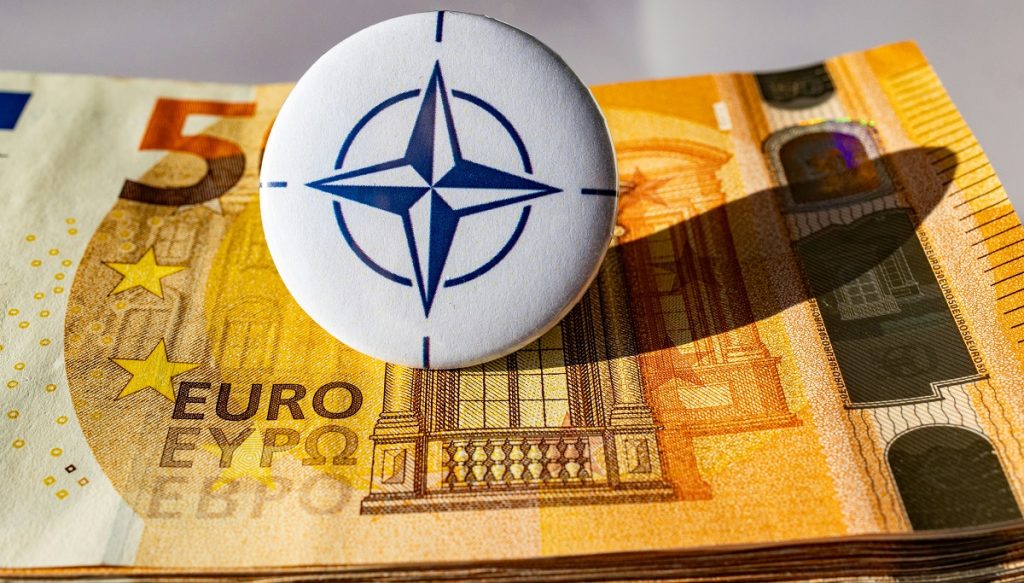
And the hardest of all will be Japan, which is being prepared for a long and difficult confrontation with China. Japan’s national debt will reach 300% and will drive the economy into a terrible crisis against the background of terrible demography. And it is becoming more and more difficult to service debts because of the increased key interest rates, which had to be raised in pursuit of inflation. Politicians have to make populist promises to voters to increase security and maintain high social guarantee, which in reality is almost impossible, because there is no money for either.
NATO is stuck in such budgetary schizophrenia, trying its best to reset itself somehow, but so far without success. And the culprit of the problems is not Trump or even officials from Brussels, who have turned the alliance into a source of income. The point is the crisis of Europe and the entire West, which wants to simultaneously preserve its economy without real economic growth, as well as pacifism and peace without serious investments in defense and military. And this schizophrenia is already much more dangerous for the “health” and “life” of both NATO and Europe and the United States.
